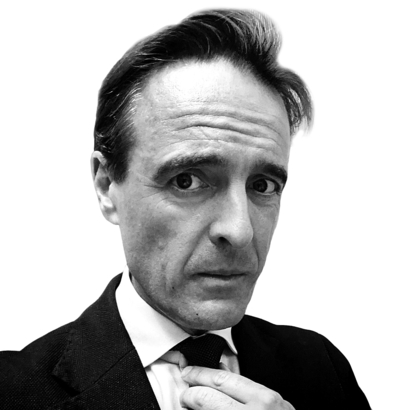There was a joke some time ago that suggested American flags were being burned so often on the streets of Tehran that canny vendors had taken to selling them with lighters. Today it feels possible to apply the same dark joke to Scandinavia, although you’d need to replace the Stars and Stripes with the Koran.
Over this summer there have been several public burnings of Islam’s most holy of books in Swedish cities such as Malmö and Stockholm, and at least 10 burnings in cities and towns in Denmark.


